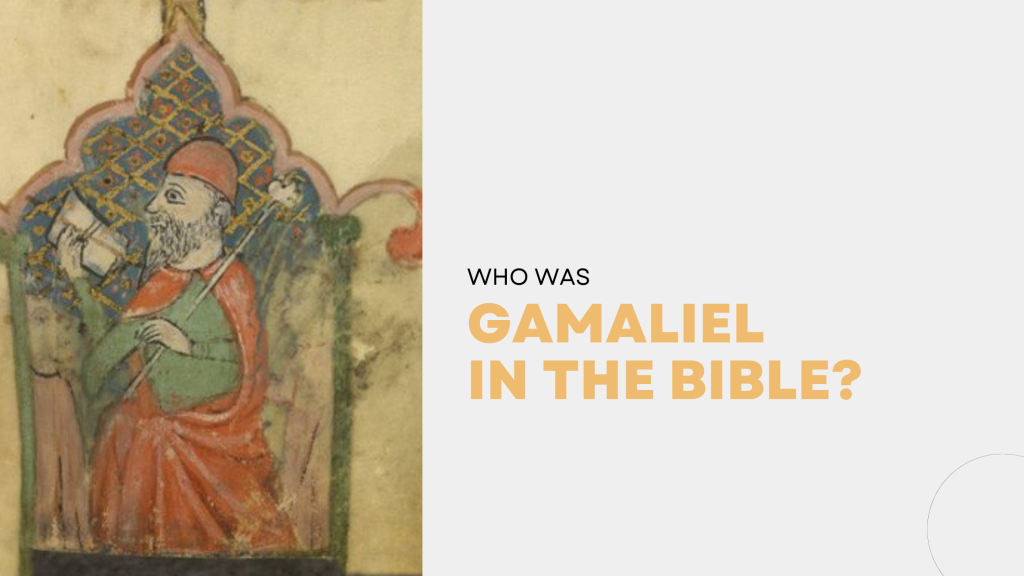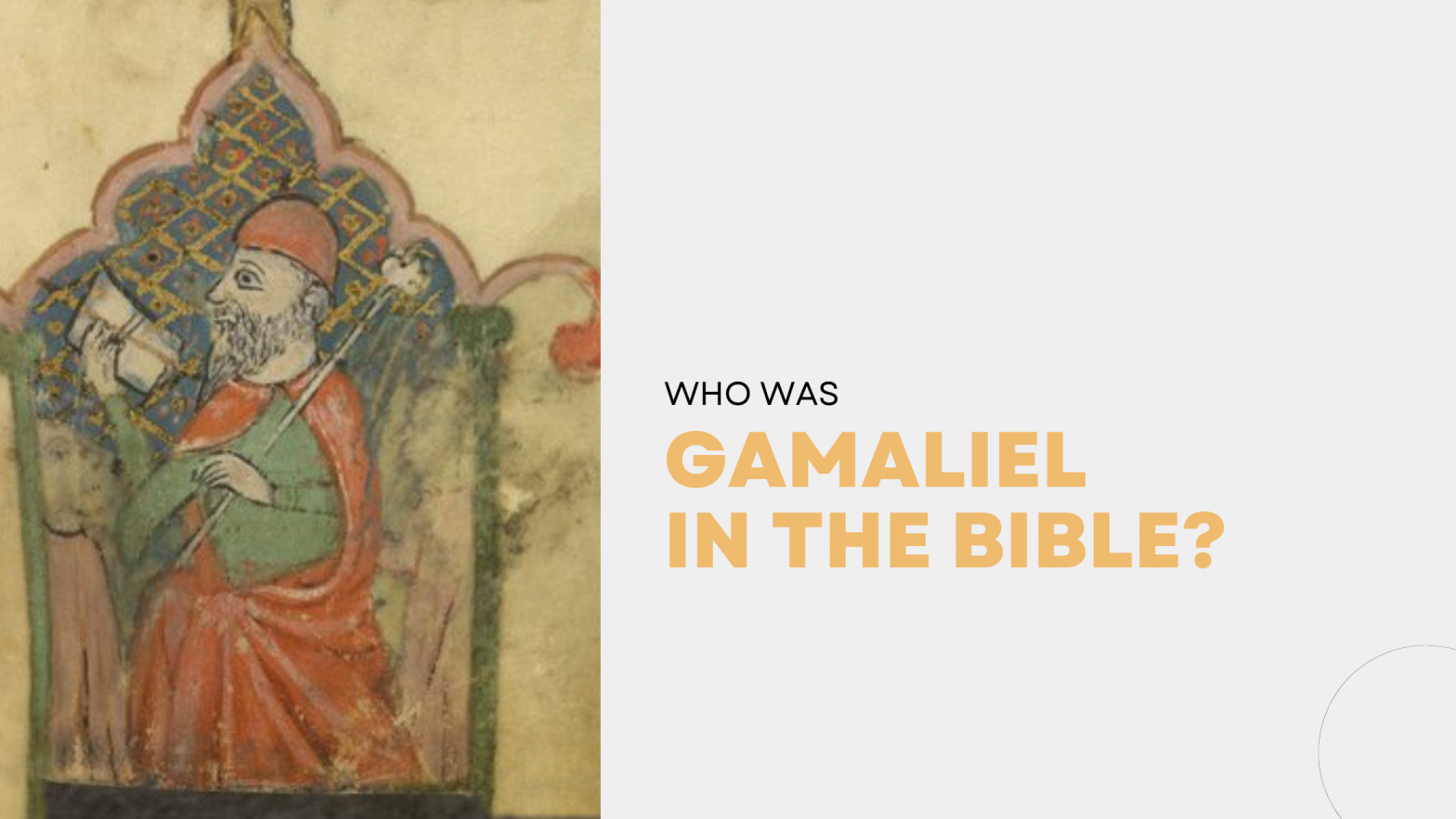
Gamaliel was a celebrated Pharisee, a Jewish rabbi, a doctor of the law, and member of the Sanhedrin (highest Jewish council) in the early times of Christianity.
He intervened in the trial of Peter and the other apostles ( Acts 5:33-39). He is also represented by the Apostle Paul as his early teacher before the conversion of the latter (Acts 22:3).
Gamaliel is mentioned a couple of times in Scripture as a famous and well-respected teacher. Indirectly, Gamaliel had a profound effect on the early church.
He bears in the Talmud the surname of ‘the old man,’ and is represented as the son of Rabbi Simeon, and grandson of the famous Hillel. He is said to have occupied a seat, if not the presidency, in the Sanhedrim during the reigns of Tiberius, Caligula, and Claudius, and to have died eighteen years after the destruction of Jerusalem.
The first biblical reference to Rabbi Gamaliel is found in Acts 5. The scene is a meeting of the Sanhedrin, where John and Peter are standing trial. After having warned the apostles to cease preaching in the name of Jesus, the Jewish council becomes infuriated when Simon Peter defiantly replies, “We must obey God rather than human beings!” (Acts 5:29). Peter had no intention of ceasing to proclaim the gospel, regardless of the possible repercussions. Peter’s defiance enrages the council, who begin to seek the death of the apostles. Then Gamaliel stepped in. (gotquestions.org)
When the Sanhedrin seemed likely to resort to violent measures against the apostles Gamaliel intervened. The Pharisees had a belief which combined fate and free-will. They believed that all things were in the hand of God and yet that man was responsible for his actions. “Everything is foreseen,” they said, “yet freedom of choice is given.” So Gamaliel’s point was that they must have a care in case they were exercising their free-will to go against God. He pleaded that if this matter was not of God, it would come to nothing anyway. He quoted two examples.
First he cited Theudas. In those days Palestine had a quick succession of fire-brand leaders who set themselves up as the deliverers of their country and sometimes even as the Messiah. Who this Theudas was we do not know. There was a Theudas some years later who led a band of people out to the Jordan with the promise that he could divide the waters and that they would walk over dryshod, and whose rising was swiftly dealt with. Theudas was a common name and no doubt this was just such another fire-brand.
His second example was Judas. He had rebelled at the time of the census, taken by the governor Quirinius in A.D. 6 in order to arrange taxation. Judas took up the position that God was the King of Israel; to him alone tribute was due, all other taxation was impious and to pay it was a blasphemy. He attempted to raise a revolution but failed. The Sanhedrin listened to Gamaliel and once again, after threatening the apostles, they let them go. [William Barclay’s Daily Study Bible]
The tradition that Gamaliel was a secret Christian and was baptized by St. Peter and St. Paul is purely legendary [source]
Mentions in the Bible
- A celebrated teacher
- Speech of, before the Sanhedrin
Acts 5:33-40 - Paul’s teacher
Acts 22:3
- Speech of, before the Sanhedrin
Learn more from BiblePortal Wiki
